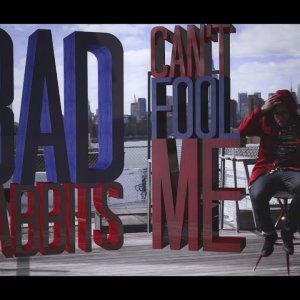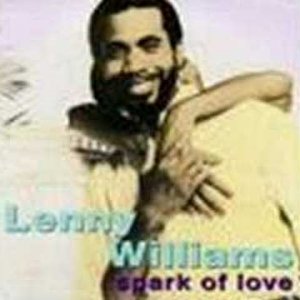- Feb 7, 2004
- 5,631
- 3,351
January 11, 1991|By A. Dahleen Glanton.
Don`t try to convince Derric Price that money isn`t everything. He`s just had $70 million printed up in $5s, $10s and $20s.
The currency, which he calls A.F.R.O. dollars, isn`t real money, of course. They`re certificates that can be traded for goods and services at various businesses in Chicago.

And every time customers use the red, black and green bills for anything- from a roll of toilet tissue to a mortgage payment-they will help raise blacks another notch or two on the economic ladder, according to Price.
``I came up with this idea when I was trying to figure out why African-Americans in this country can spend $300 billion a year on goods and services and yet as an ethnic group be the lowest on the economic ladder,``
said Price, a 32-year-old investment banker.
``With A.F.R.O. dollars, which technically means African-Americans will have their own money, we can shift the black purchasing power to selected stores and merchants,`` he said.
Sounds like a novel idea, huh? Why didn`t someone think of it sooner?
Well, somebody kinda did.
The concept is similar to a national campaign called ``Buy Freedom,``
started in the mid-1980s by Tony Brown, a TV producer and star of the syndicated talk show ``Tony Brown`s Journal.``
Advocating his theory that, ``The only color of freedom is green,`` Brown sought to enc
http://articles.chicagotribune.com/...0890_1_afro-black-businesses-entrepreneurship
Don`t try to convince Derric Price that money isn`t everything. He`s just had $70 million printed up in $5s, $10s and $20s.
The currency, which he calls A.F.R.O. dollars, isn`t real money, of course. They`re certificates that can be traded for goods and services at various businesses in Chicago.
And every time customers use the red, black and green bills for anything- from a roll of toilet tissue to a mortgage payment-they will help raise blacks another notch or two on the economic ladder, according to Price.
``I came up with this idea when I was trying to figure out why African-Americans in this country can spend $300 billion a year on goods and services and yet as an ethnic group be the lowest on the economic ladder,``
said Price, a 32-year-old investment banker.
``With A.F.R.O. dollars, which technically means African-Americans will have their own money, we can shift the black purchasing power to selected stores and merchants,`` he said.
Sounds like a novel idea, huh? Why didn`t someone think of it sooner?
Well, somebody kinda did.
The concept is similar to a national campaign called ``Buy Freedom,``
started in the mid-1980s by Tony Brown, a TV producer and star of the syndicated talk show ``Tony Brown`s Journal.``
Advocating his theory that, ``The only color of freedom is green,`` Brown sought to enc
http://articles.chicagotribune.com/...0890_1_afro-black-businesses-entrepreneurship






 ... please make yourself at home ...
... please make yourself at home ... 